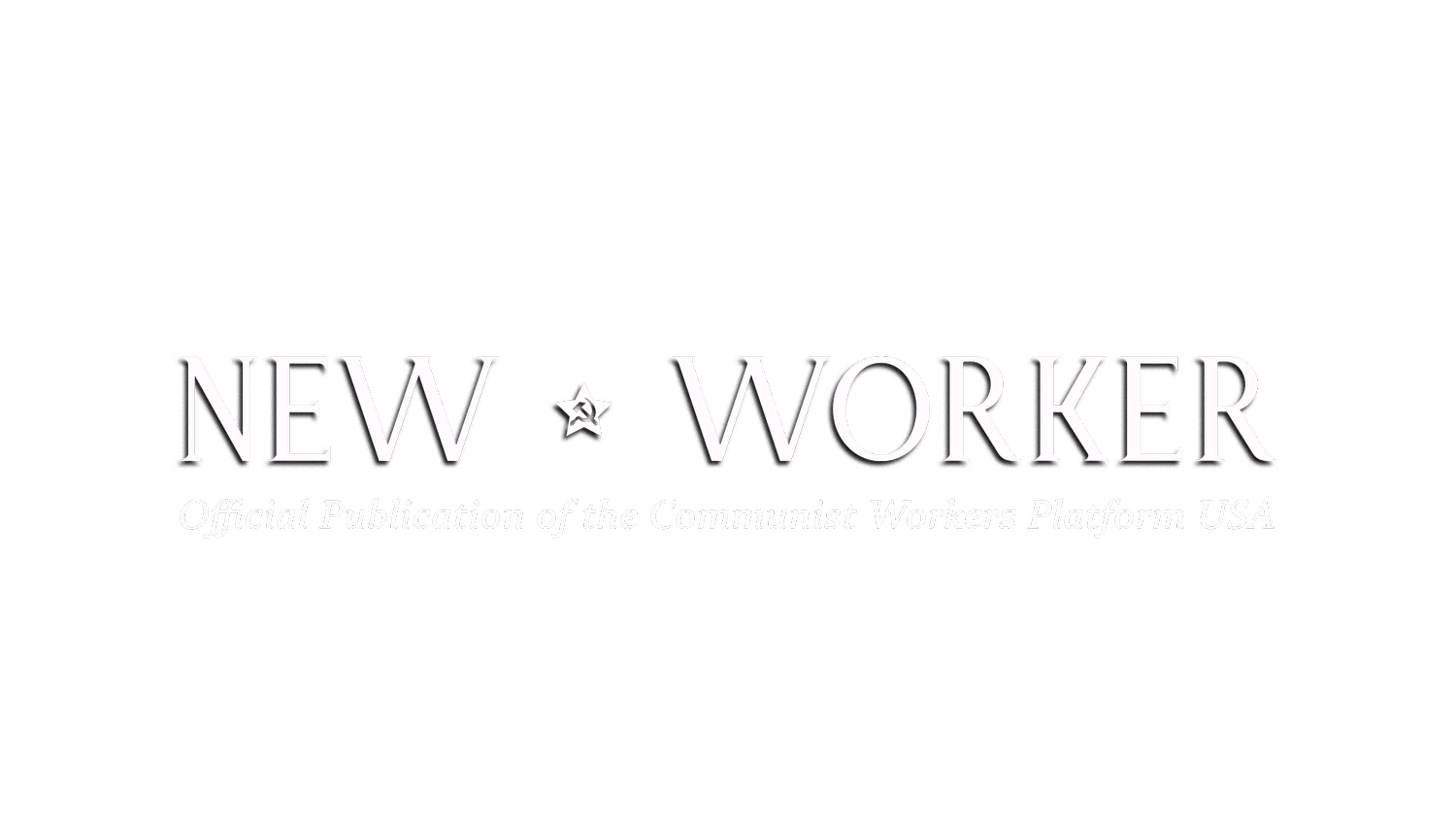In Remembrance of Hiroshima, 79 Years Later
Seventy-nine years ago, on August 6, 1945, the United States dropped the atomic bomb on Hiroshima, leaving a deep scar in the pages of human history. This barbarous act of imperialist aggression resulted in the deaths of nearly 200,000 Japanese citizens who were killed without mercy. While the official narrative we are taught in US schools often frames this atrocity as a necessary step to end World War II and prevent the hypothetical loss of life from a US ground invasion of Japan, the truth reveals a more sinister motive. The bombing was not solely about defeating Japan—which was already on the brink of surrender—but rather, this genocidal act served as a calculated move to intimidate the triumphant Soviet Union, halt the advance of the Red Army in Manchuria, and send a warning to the then-surging communist movement worldwide.
The horrors inflicted on the citizens of Hiroshima were unimaginable. At the moment of the explosion, thousands of people near the epicenter were vaporized instantaneously, leaving only their shadows scorched on the ground. Those who survived the initial blast endured inconceivable suffering—severe burns that charred their skin, injuries from shattered glass and fallen rubble, and radiation poisoning that led to slow, painful deaths even years afterwards. The city was transformed into a hellscape, with countless bodies strewn in the wreckage and the desperate cries of the injured and dying filling the air. In the aftermath, survivors faced not only the physical and emotional trauma but also long-term health effects, as many succumbed to cancer and other radiation-induced illnesses over the following decades.
By sacrificing so many lives in Hiroshima, the United States sought to demonstrate its unmatched military might and strategic dominance in the post-war order. The timing and scale of the bombing were designed to instill fear in the Soviet Union, signaling the lengths the capitalist-imperialist U.S. was willing to go to defeat socialism in the emerging Cold War. The atomic bombing of Hiroshima stands as a grim reminder of the depravity of imperialist ambitions, seeing human life as disposable pawns in a greater game of domination for the securing of resources and profits. This historic tragedy remains a somber testament to the catastrophic consequences of capitalism in its imperialist stage and the ruthlessness of the ruling class.
As the genocide of Gaza rages on with tragically similar levels of devastation, the US ruling capitalist class remains as barbarous today as in 1945. As communists, we must struggle to overthrow this sick system which necessitates so much bloodletting as in Hiroshima and Gaza in the pursuit of imperialist domination. A new, better, socialist world is not only possible but necessary - free of the imperatives that led to the tragedy of Hiroshima.
The following poem by communist poet Nâzım Hikmet captures the sorrow of Hiroshima.
Hiroshima Child
By Nâzım Hikmet
I come and stand at every door
But none can hear my silent tread
I knock and yet remain unseen
For I am dead for I am dead
I’m only seven though I died
In Hiroshima long ago
I’m seven now as I was then
When children die they do not grow
My hair was scorched by swirling flame
My eyes grew dim my eyes grew blind
Death came and turned my bones to dust
And that was scattered by the wind
I need no fruit I need no rice
I need no sweets nor even bread
I ask for nothing for myself
For I am dead for I am dead
All that I need is that for peace
You fight today you fight today
So that the children of this world
Can live and grow and laugh and play.

